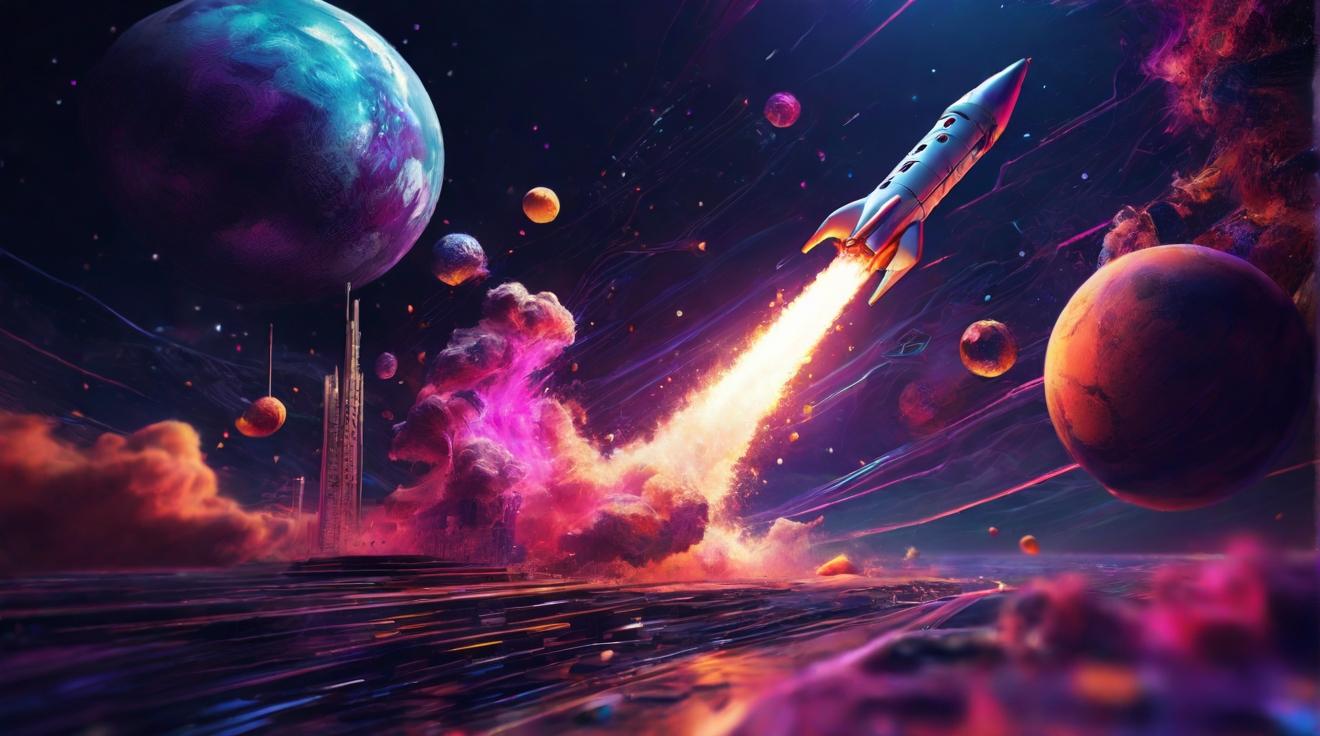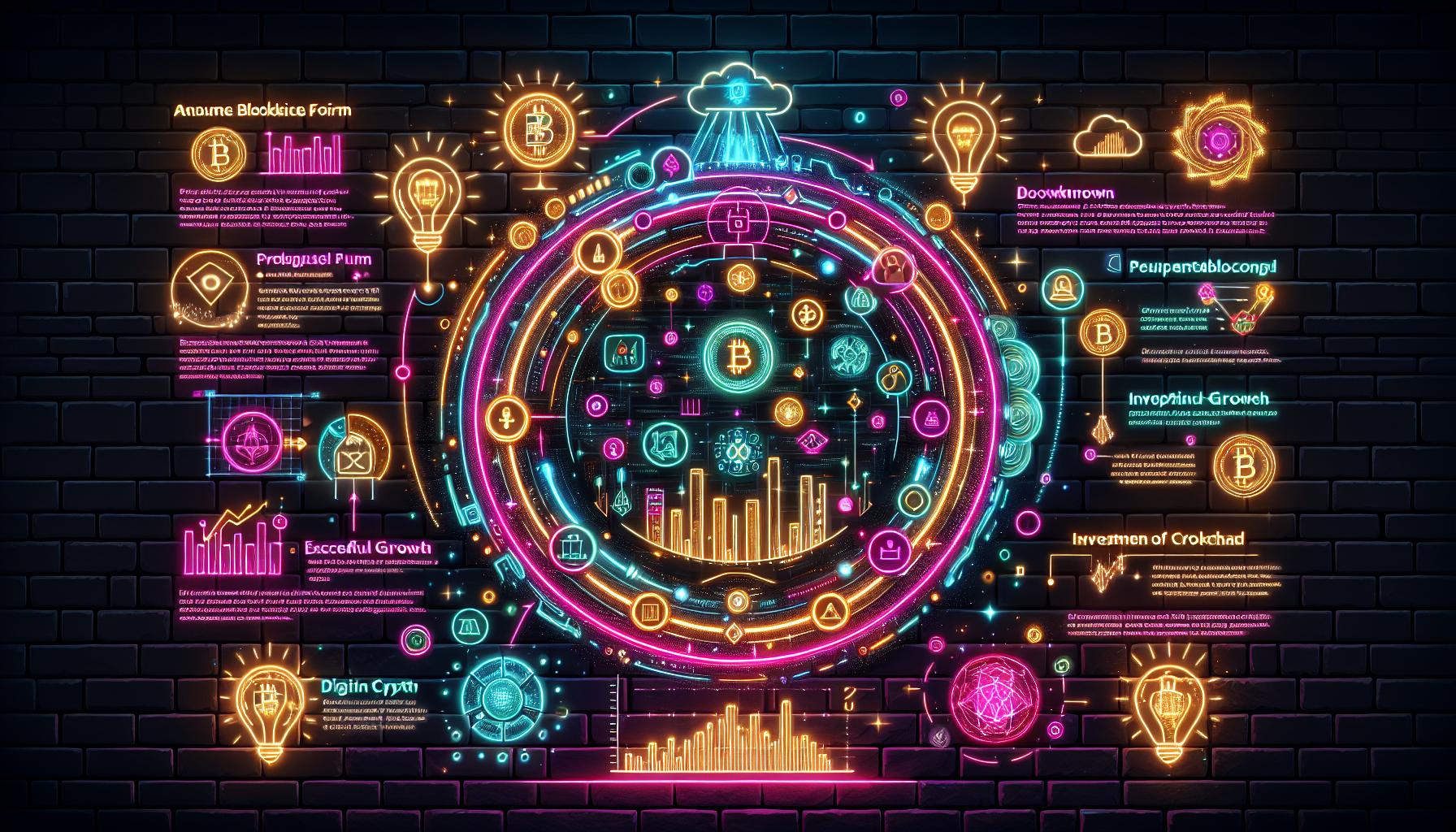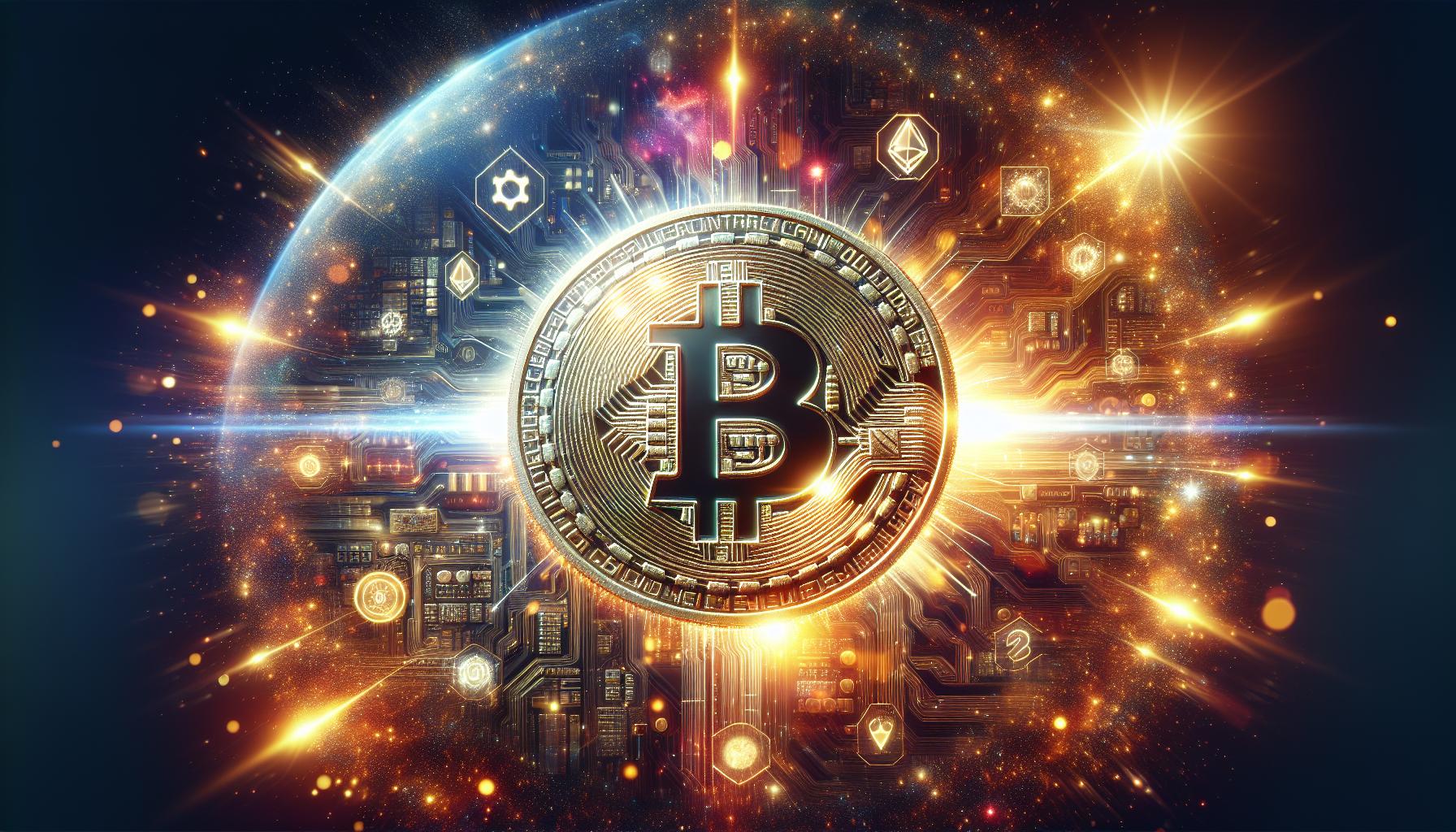Exploring the Blockchain: How NFTs are Revolutionizing the Digital World
The Basics of NFTs
NFTs, or Non-Fungible Tokens, have taken the art world by storm. These unique digital assets represent ownership of specific items or content, such as artwork, music, videos, or even virtual real estate. Unlike cryptocurrencies, such as Bitcoin or Ethereum, NFTs cannot be exchanged on a one-to-one basis due to their unique nature. Built on revolutionary blockchain technology, NFTs offer artists and creators a transparent and secure platform to sell their work.
The Role of Blockchain Technology
Blockchain technology serves as the foundation that empowers NFTs. It is a distributed ledger that records transactions across multiple computers or nodes, ensuring security and resistance to tampering. By utilizing blockchain technology, NFTs provide immutable ownership, transparency, and authenticity. Each transaction involving NFTs is recorded on the blockchain, allowing anyone to verify the asset’s authenticity and provenance. Additionally, the use of smart contracts embedded within NFTs enables artists to earn royalties automatically when their digital assets are resold.
NFTs Beyond Art
While NFTs have gained significant attention in the art world, their potential applications extend far beyond. In the gaming industry, NFTs allow gamers to purchase unique in-game items, characters, or virtual real estate, fostering a new level of investment and value. Collectibles and memorabilia have also seen a revival through NFTs, enabling fans to own unique digital items like trading cards or moments from sports events. Furthermore, NFTs can represent ownership of real-world assets, such as real estate or luxury goods, opening up possibilities for fractional ownership.
Frequently Asked Questions (FAQs)
1. How do I create an NFT? Creating an NFT involves minting the asset on a blockchain platform that supports NFTs, such as Ethereum. This process may require technical knowledge or assistance from specialized platforms or marketplaces.
2. Are NFTs environmentally friendly? Concerns about the environmental impact of NFTs have arisen due to the energy consumption associated with blockchain networks. However, some platforms are exploring eco-friendly alternatives to mitigate this issue.
3. Can I sell my NFT? Yes, NFTs can be bought, sold, and traded on various online marketplaces dedicated to digital assets. These platforms provide artists a space to showcase and sell their creations.
4. Can I copy an NFT? While copies of an NFT can be viewed and downloaded, the ownership and authenticity of the original reside on the blockchain. Therefore, copies do not hold the same value as the original NFT.
5. Are NFTs a good investment? NFTs have seen significant growth and attention, with some fetching high prices. Yet, as with any investment, thorough research, market understanding, and careful evaluation of the potential value and risks associated with each NFT are crucial.
Conclusion
NFTs, powered by revolutionary blockchain technology, have emerged as a ground-breaking application, revolutionizing how digital assets are created, owned, and traded. This transparent and secure platform offers new opportunities for artists, creators, and investors across various industries. As the technology evolves, further innovation and integration of NFTs are expected in our rapidly evolving digital world.
Analyst comment
Positive news: NFTs and blockchain technology offer artists, creators, and investors new opportunities in the digital world. The market for NFTs is expected to continue evolving and integrating into various industries, leading to further innovation and growth.













